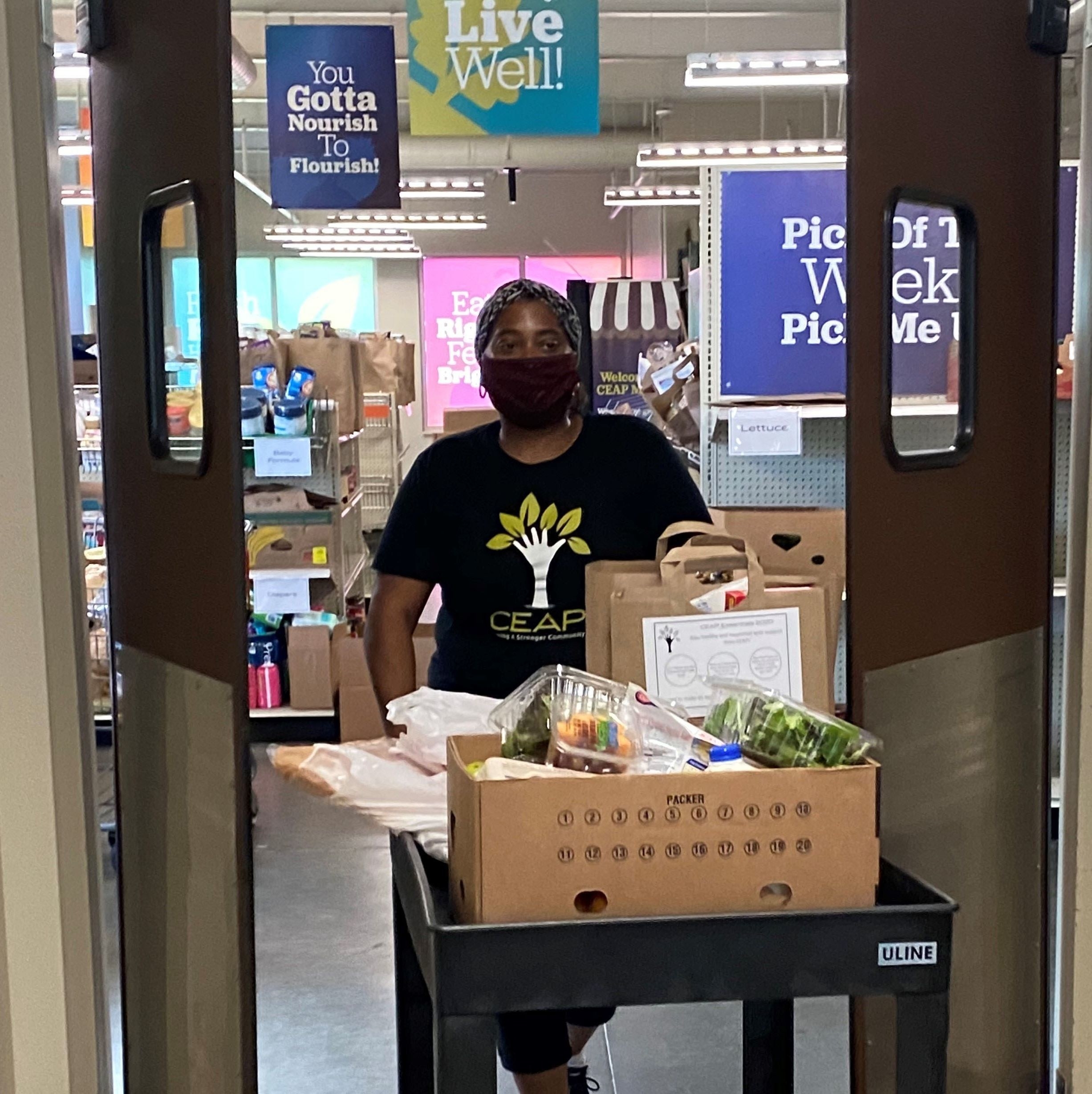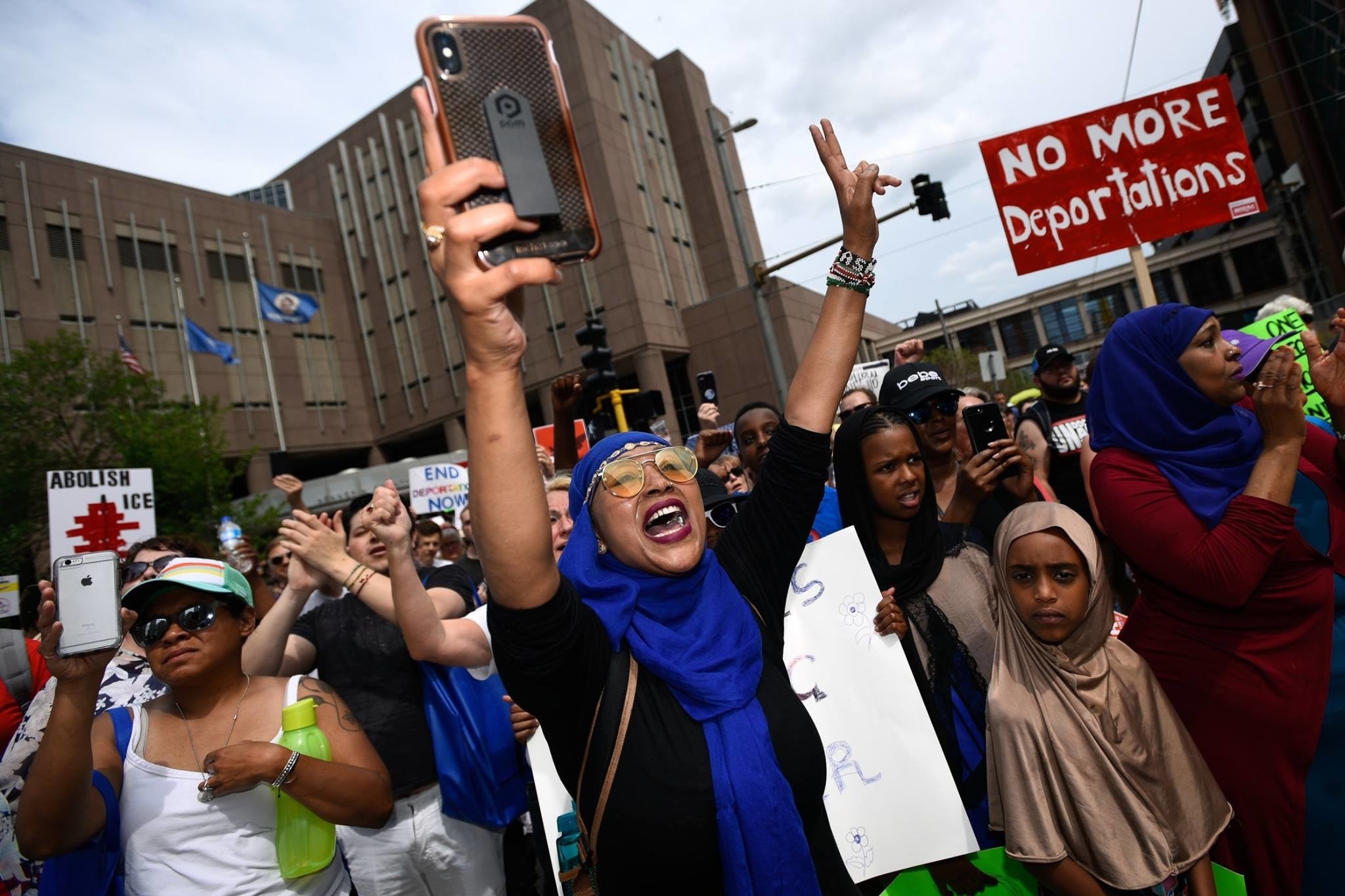In the wake of uprisings against police brutality, the Twin Cities is having a racial reckoning.

Grassroots organizations are key in the Twin Cities fight against systemic inequality.
“Try to send money to people, not just organizations. It’s always better to give money to trusted individuals than large organizations, because you can ensure more accountability," says Minneapolis-raised public housing advocate Kaaha Kaahiye. Here are some grassroots, community-led organizations you can support:
4. Isuroon
5. Community Emergency Assistance Programs (Brooklyn Park)


